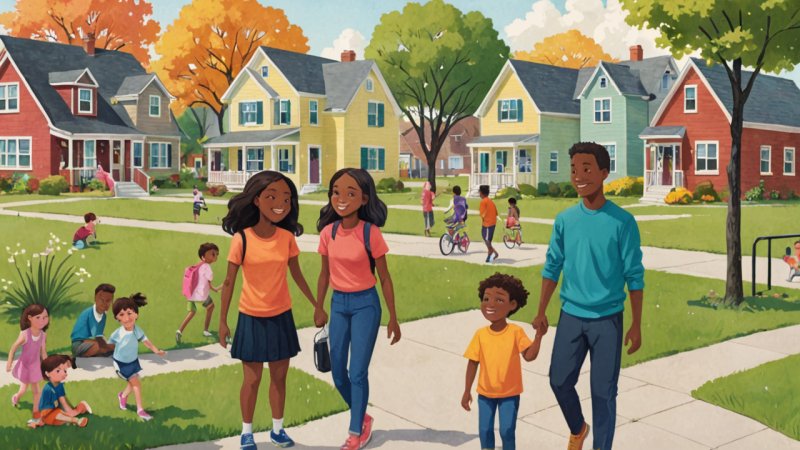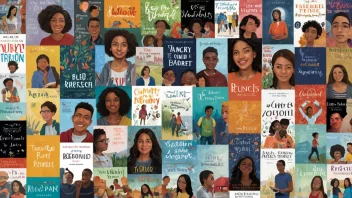In a world where family structures are continually evolving, children's literature plays a pivotal role in reflecting and celebrating these diverse dynamics. Books that highlight various family forms not only provide representation but also foster understanding and acceptance among young readers. This article explores some remarkable titles that celebrate family diversity, showcasing the richness of experiences and relationships that exist in today’s society.
One of the standout features of contemporary children's literature is its ability to portray families in all their forms. From single-parent households to blended families, and from families with same-sex parents to those with extended family living under one roof, these stories embrace a broad spectrum of experiences. For instance, the book “All Are Welcome” by Alexandra Penfold beautifully illustrates a day in a diverse school where children from different backgrounds come together. This narrative not only highlights the importance of inclusivity but also emphasizes the value of friendship and understanding.
Another noteworthy title is “Family is a Circle” by Laura L. G. Shapiro, which explores the concept of family beyond traditional definitions. This book showcases a variety of family arrangements, including adoptive families, foster families, and those formed through friendships. By doing so, it encourages children to appreciate the different ways love and support can manifest within a family unit.
Moreover, books like “A Family Like Yours” by Marjorie Blain Parker dive into the dynamics of multi-generational households. As families grow and change, the wisdom and experiences of grandparents and other relatives play a crucial role in shaping children's lives. Highlighting these relationships helps children understand the importance of family history and the values passed down through generations.
Children’s literature that celebrates family diversity not only fosters empathy and understanding but also encourages conversations about acceptance among peers. Books like “The Family Book” by Todd Parr create a playful yet poignant narrative about the multitude of family types that exist, encouraging children to embrace their own unique family situations while respecting others.
Furthermore, these stories often address common challenges that diverse families may face, such as societal perceptions, cultural differences, or personal struggles. By engaging with these themes, children learn valuable lessons about resilience, love, and the importance of standing up for one another. Titles such as “My Two Dads” by Claudia Harrington highlight the experiences of children with same-sex parents, offering insight into their lives while promoting acceptance and understanding.
In conclusion, children's literature that celebrates family diversity plays a vital role in shaping young minds. By presenting a wide array of family dynamics, these books foster empathy, understanding, and acceptance among children. As readers engage with these stories, they not only see themselves reflected in the pages but also learn to appreciate the rich tapestry of human relationships. Encouraging children to explore these themes will ultimately help cultivate a more inclusive society where everyone is valued and accepted.






